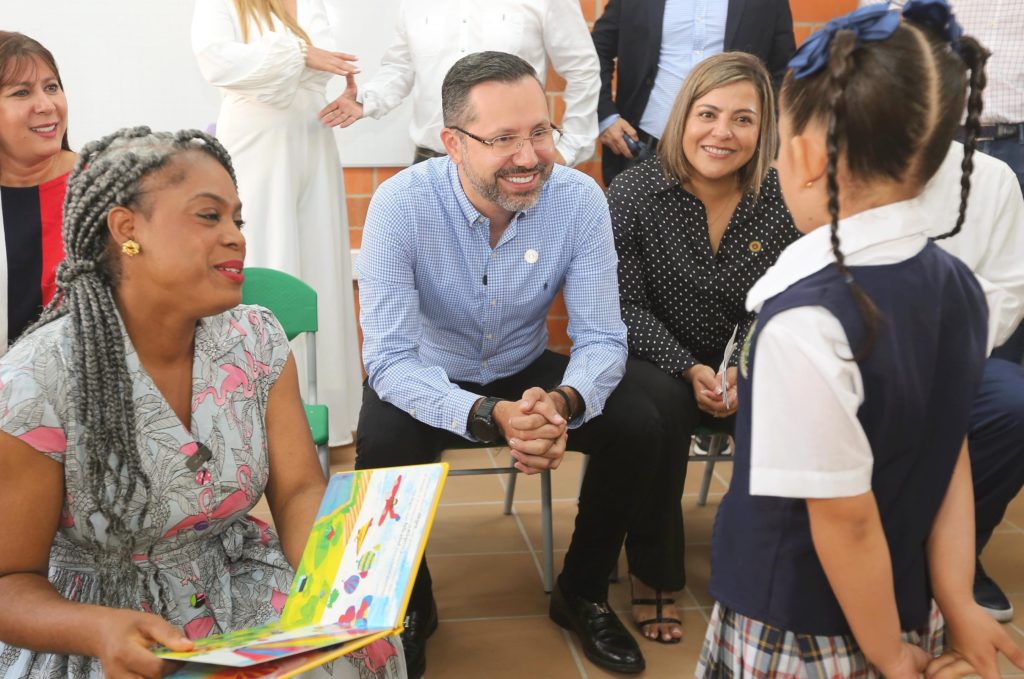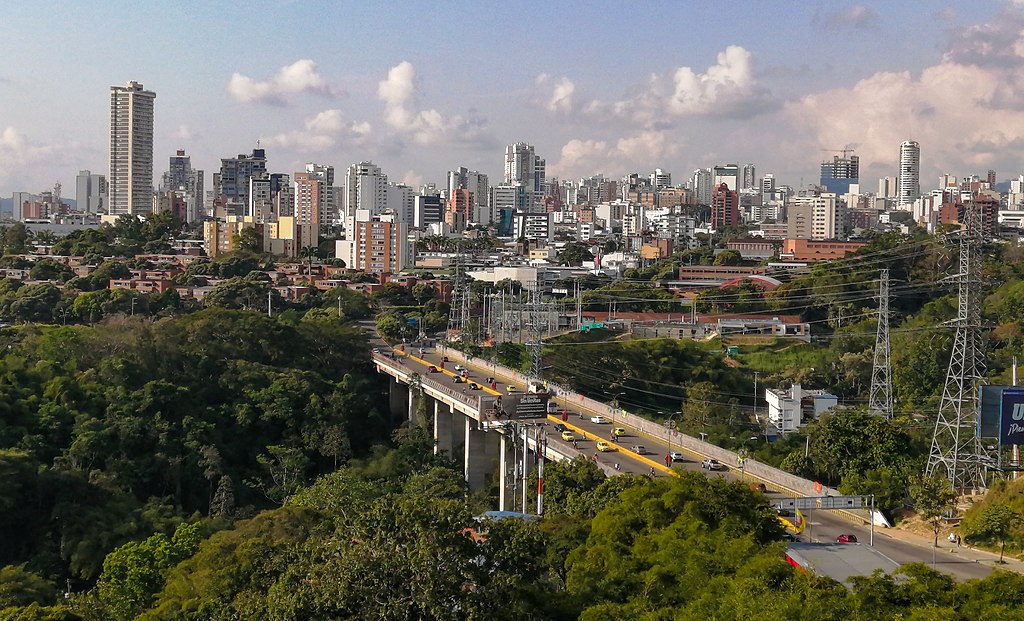
The new security measures decreed by the mayors of Bucaramanga and the cities of its metropolitan area are generating controversy among citizens. Last week, the local authorities of Bucaramanga, Colombia’s fifth largest city in terms of population, and the neighboring cities of Floridablanca, Giron and Piedecuesta, decreed a nighttime curfew for minors, restrictions on the circulation of motorcycles and new, more restricted hours for nightlife.
Some of these measures have not been well received by sectors that feel harmed, and protests have been announced for this week. On Monday, the motorcyclists’ union took to the streets to show their disapproval and managed to meet yesterday with the mayors, where some aspects of the measure were negotiated. The nightlife guild has also complained about the decree which, it says, is detrimental to their businesses.
Nighttime curfew for minors
The local authorities affirm that these measures are taken in order to combat a lack of security. With the night curfew, children and adolescents of the four cities will not be allowed to leave their homes, unaccompanied by an adult, after 11 pm and curfew will continue until 5 am on all seven days of the week.
Jaime Beltran, mayor of Bucaramanga, has assured people that “the curfew for minors (…) is not a measure of restriction but of protection”. In this regard, the mayor affirmed that the decision of the night curfew was taken because “a minor alone after 11 pm is not going to find anything good.”
Time restrictions on nightlife
Another decision that has generated controversy affects bars and nightclubs operating in the region. From now on, they will only be allowed to stay open until 2 am. Thus, the hours of operation of these premises are unified throughout the metropolitan area. This was done, according to Mayor Beltran, due to “the increase of accidents involving drunken people” and “due to the violent situations that have been occurring.”
It should be recalled that until now, the closing time for nightclubs was at 3 am. Thus, with this new decision, the time in which bars and nightclubs can provide service at night is cut by an hour. This measure has been badly received by the guild of these establishments in Bucaramanga, which has already announced protest demonstrations. In fact, the first of the announced days of protests took place yesterday, Tuesday, February 13, with a march through the center of the departmental capital. According to the representatives of bar and discotheque owners, the measure is a direct threat to the economy of these businesses.
Motorcycle mobility restrictions
Finally, the third decision agreed upon by the mayors is to further restrict the circulation of motorcycles, along with the prohibition of accompanying passengers riding on the vehicle.
Protests have not taken long to appear. Last Monday, February 12, bikers went out to show their dissatisfaction in the city center. Although there were no disturbances, the police presence in the streets had been significant since the weekend, days before the citizen protests. “The right to protest is respected and guaranteed, but under no circumstances will we allow de facto road blockades or alterations to public order,” the mayor expressed in his social networks.
Finally, after a meeting that lasted several hours yesterday, the mayor’s office announced an agreement with the motorcyclists. The authorities ruled out the implementation of the ban on passengers on motorcycles, but the restricted hours for the circulation of vehicles will be maintained.
“The Colombian Bukele”
Jaime Beltran has been mayor of Bucaramanga since January 1. Known in the media as “the Colombian Bukele”, this evangelical pastor has repeatedly declared himself a follower of the president of El Salvador, Nayib Bukele. Specifically, Beltran became mayor of Colombia’s fifth city with announcements of a “hard hand” against threats to citizen safety.
In his campaign, he had the support of the traditional clans of the Santander region, headed by Hugo Aguilar, a former policeman. In 2004, Aguilar was governor of Santander, the region of which Bucaramanga is the capital, thanks to the support of the paramilitaries, as he recently admitted in court.
His electoral promises focused on the fight against crime, which, as in the whole country and the entire Latin American region, worries citizens due to its high impact. In addition, he explained during the campaign that one of his objectives would be to build a transitory detention center for people who have not been convicted, like those that already exist in Bogota and Cali.
Drug use in public spaces was also addressed in his campaign speech. Shortly after taking office as mayor, Beltran announced a draft regulation that will restrict the use of psychoactive substances in parks and other areas of the city. It should be recalled that this is a controversial issue, as the Colombian Constitution prevents the prohibition of drug use in public spaces.
In this regard, many mayors are looking for ways to circumvent the Constitution and restrict drug use in certain sensitive places, such as parks or the vicinity of schools.

See all the latest news from Colombia and the world at ColombiaOne.com. Contact our newsroom to report an update or send your story, photos and videos. Follow Colombia One on Google News, Facebook, Instagram, and subscribe here to our newsletter.

